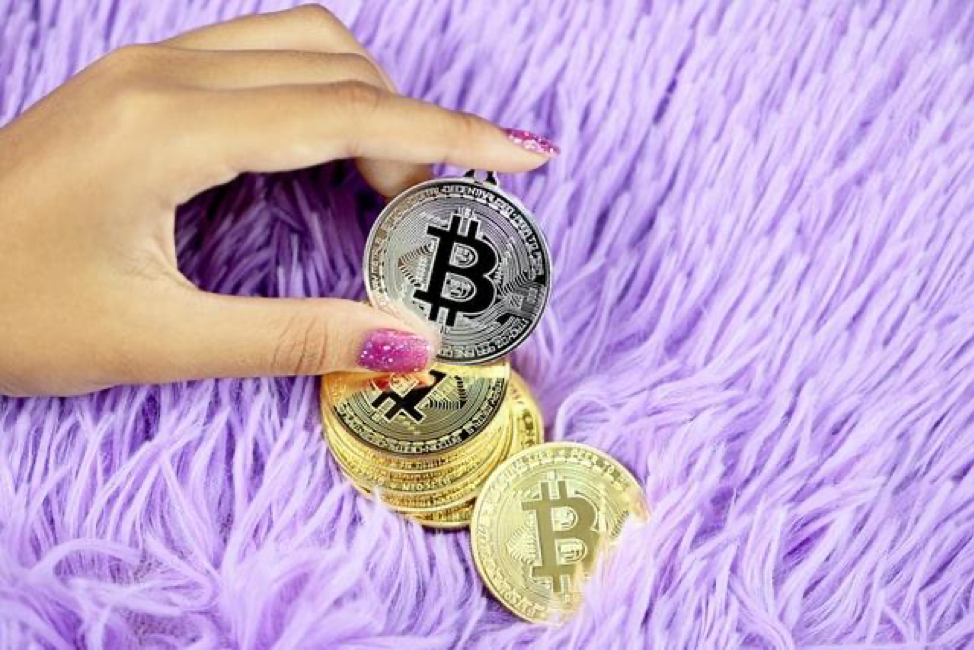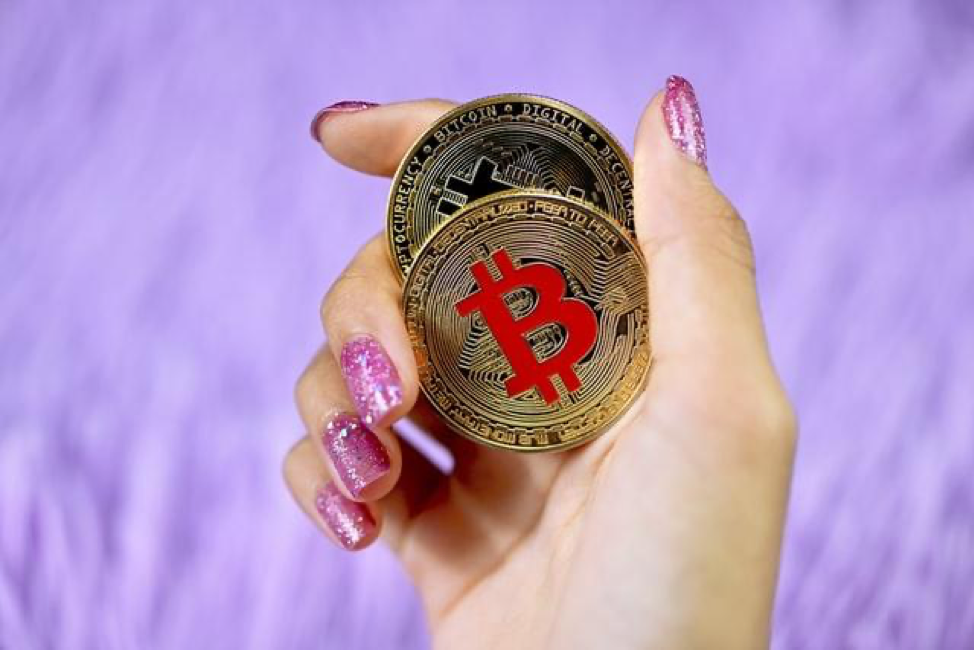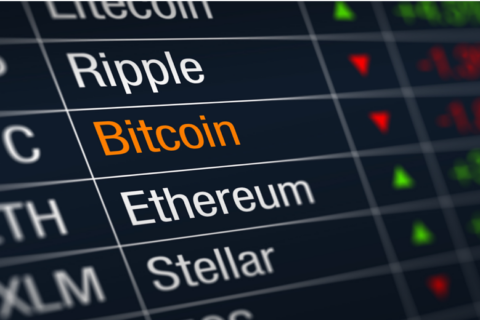Contents
Bitcoin’s soared in price, incredibly, spawning the adoption by scores of financial entities leading to investors racing to get in on the activity. No one has wanted to miss out on their opportunity to make some kind of profit in the ever-increasing albeit fluctuating market.
Still, investing fundamentals remain the same even for this particular asset. In fact, bitcoin appears to come with even greater risk than your traditional asset classes.
Investors not only need to become familiar with how to trade and exchange intelligently due to the complexities involved with the cryptocurrency and blockchain technology but develop education on the risks associated with the digital currency as a whole since these are unique to crypto, as are the rules for investing in general.
As has been suggested, not only do you need to tread lightly and gradually when learning Hvordan kjope bitcoin (translation: how to buy bitcoin), you need to do so with the utmost precaution as a newcomer to bitcoin activity. It’s also wise to proceed the same way even when you have some experience.
A seasoned pro can become a victim of the risk, losing substantial monies in the same way as a newbie only under different circumstances. Let’s take a look at some of these possible chances you might be taking when getting involved with virtual currency might be.

What Are Possible Risks Associated With Bitcoin
All investments carry a certain level of volatility and risk. It’s up to investors to determine how far they want to push that limit. Some users want to go to great lengths in order to get the most significant gains, but that also puts them at the mercy of substantial loss.
It’s the chance you take when you’re hoping to make a specific profit in the “game.” And with many people choosing bitcoin as their “game” of choice, they want to see massive returns like the ones people noticed when the crypto was created.
While profit is likely, gains of that magnitude might not be attainable, and loss is always a very real possibility, especially if you push your risk to the limit. Read about some of the most significant risks when choosing bitcoin here. Check out these possibilities for risks in the bitcoin world.
Volatility of price
Bitcoin’s price point is prone to fluctuate wildly, with the market exceptionally sensitive to developments and news output creating frenzies with highs in prices and downsides in the bitcoin value.
With the volatility of the currency, it’s challenging to put the coins to use as they’re intended for purchasing and selling of goods and services.
The purpose of the crypto is as a “transactional currency,” but it sees little use in that medium at this early stage. Give it time, and it will settle into its purpose. It’s still relatively new.
Loss of demand
The product and the technology are still reasonably new, with widespread acceptance still in the distance. The underlying technology will determine the crypto usage and demand.
That requires incredible trust by retail investors who are averse to risk along with other significant entities. You’ll notice that precious metals like gold, for instance, are an investment asset, as is bitcoin but gold offers a strong demand for jewelry and other industry uses. Bitcoin provides no major industrial usage.
When you invest in most precious metals, you know you will at some point see a buyer. That guarantee is not necessarily there with the digital currency since there’s no second or third market for the product.

Cyber security
Hacker attacks are responsible for losses of digital currency in the millions, and that includes bitcoin.
Security is a real threat when it comes to crypto. When an asset centers around anonymity as this cryptocurrency does, it draws the cyber-attacks, and there’s little a user has on their behalf to help rectify the situation.
When there is an all-knowing, experienced system preventing fraud and attacks from happening with an established accounting or payment system, there’s a process. Still, a private crypto network carries with it exceptional risk.
Unfortunately, even in the experienced sector where they attempt to avoid fraudulent activities and hacking behavior, it is consistent and rampant, so the fact that it reaches bitcoin is typical for the financial industry as a whole. It’s not only a risk with crypto; it’s a risk across the board.
Regulatory risks
The creator of bitcoin developed the currency so that individuals could be independent in their financial endeavors away from a centralized banking system or government bodies.
The idea was to have no authority dictating how money could be used. More and more countries are stepping in and crossing that boundary by outlawing the currency for their country like China or placing restrictions or stipulations on the usage like India, a step they aren’t supposed to be able to take.
Major economies seem to be regulating the crypto as an asset or commodity, including the US and Canada, instead of viewing it as a currency. Other major players see the coins as currency, including Japan, Russia, and the European Union.
Hopefully, at some point in time, if the crypto is intended to gain acceptance, all the countries will come to view it comparably universally. Probably unlikely, but we can hope.
Transaction fees
Bitcoin miners need to validate transactions and, in so doing, are responsible for collecting fees with each verification. There is the potential for the miners to “collude,” demanding more significant fees causing disillusioning users to what was initially bitcoin’s attractiveness.
Becoming not so transparent with its price point, fees, or methodology is a genuine risk in varied asset markets plus plays a part in transaction costs for different money exchanges.
When you have a “non-policed” section of the worldwide financial sector, no regulations or a relaxed system, no competition, and an essentially captive audience, that’s the recipe for challenges to crop up.
That doesn’t deter from the benefits that also come with that system. There are plenty of “policed” financial systems available to consumers, but these carry with them many restrictions, provisions, and governing laws. No one has control over their own money.
That basically means there are good and bad in either situation, risks, and benefits. It’s a matter of looking at which is the better of the two for your specific circumstances.
Transfer error
Transfers on this platform cannot be reversed. If someone makes a massive mistake, it can result in a significant loss with no recourse. There are instances where a user transferred the wrong amount or sent it to the wrong person and could not cancel the transaction.
The suggestion is with the price volatility, the platform is more difficult to use as a medium for buying and selling products and services. The retail consumer sees downsides and restrictions.
The recommendation is to ensure the information before committing to sending off the transaction so you don’t suffer a loss or unintentionally divulge private key data.

Private key loss
Private keys in the bitcoin world are a set of numerical codes assigned to each user allowing that person to have access to their digital currency. Destroying or losing these keys can disallow the owner from accessing their crypto.
There can be a substantial cost, plus the loss of the keys can be irreversible; many users were dismayed to learn.
Again, this is a matter of self-security, keeping everything safe and locked up that pertains to any investment. That’s ideal since these relate to your finances, and bitcoin is one of those resources.
You wouldn’t leave a bank book lying around with the potential for losing it or credit cards somewhere where you might lose them. Private keys are of this exact critical nature.
Final Thought
There are many risks associated with bitcoin. Users need to be aware of the volatility and risk potential before getting involved with any trade or exchange to make educated decisions.
Fortunately, the crypto creator offers full disclosure on the platform as to how it works, where it might fall short, and where improvements are being sought.
It appears to be more transparent than many of the financial entities with governing authorities that offer minimal disclosure to their consumer. The good thing, when armed with adequate knowledge in each sector, you can choose which offers the most benefit and least risk for your set of circumstances.



